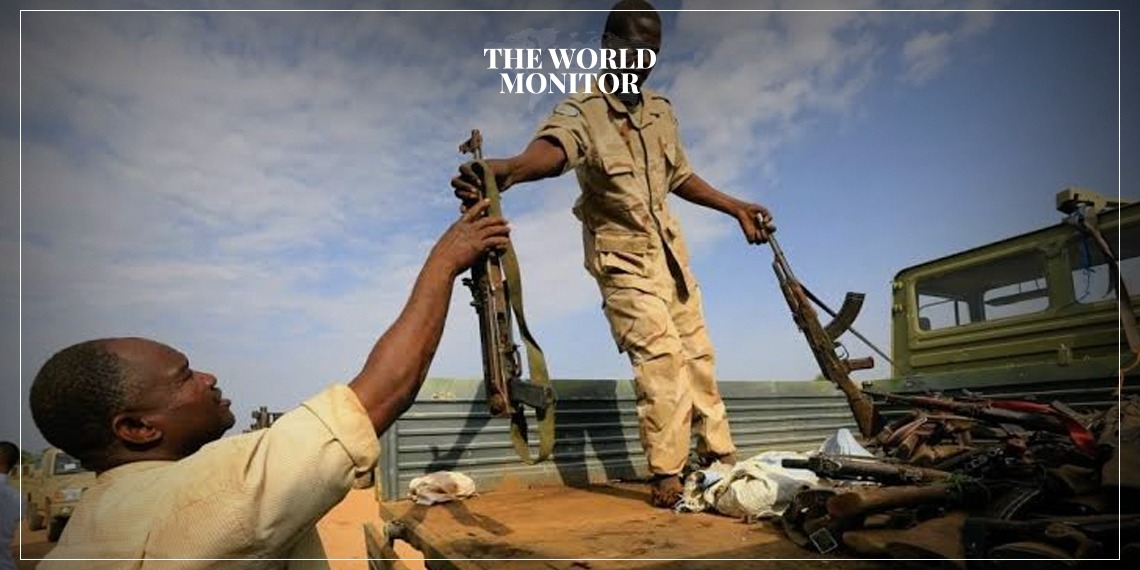Sudan’s Foreign Ministry has criticized a UN Human Rights Council decision to probe alleged crimes against civilians in ongoing conflicts. The ministry described the resolution, which intends to investigate accusations against the national army and what it labeled a terrorist rebel militia, as biased. A statement released on Thursday holds those who proposed the resolution fully responsible for any negative repercussions that may arise.
The UN Human Rights Council adopted a decision on Wednesday to establish an independent international mission. The mission will investigate violations in Sudan since April 15th, with a proposal presented by the UK, USA, Norway, and Germany. Sudan vehemently opposed the decision through its UN Ambassador, Hassan Hamid Hassan, who lamented deep divisions and coercive resolutions being imposed on Sudan.
He further queried, “Do we really need a new mechanism that jeopardizes all forms of cooperation between Sudan and human rights mechanisms?” Hassan emphasized that those supporting the resolution are jeopardizing cooperation.
Sudan’s foreign ministry mentioned that the resolution followed a political and media campaign led by Britain, other Western countries, and NGOs. These entities pressured the Human Rights Council to establish a fact-finding committee in Sudan. The statement indicated that the sponsoring nations ignored Sudan’s current priorities, which include ending rebellion, silencing guns, protecting civilians, and accelerating the delivery of emergency humanitarian aid.
Additionally, the statement claimed these countries overlooked “the atrocities and grave violations committed by the terrorist rebel Rapid Support militias against the Sudanese people.” Sudan’s government emphasized its commitment to addressing accountability and impunity through the formation of a national committee. Headed by Sudan’s Attorney General, the committee will investigate and scrutinize war crimes, violations, and practices committed by the Rapid Support forces and other armed groups.
However, those who proposed the resolution overlooked Sudan’s close cooperation with multiple human rights mechanisms monitoring the country’s human rights situation, the foreign ministry underscored. The ministry highlighted that the division in the Human Rights Council over the decision points to an attempt to harness the council to serve the objectives of certain countries. The lack of support from any Arab, African, and Islamic countries affirms the decision’s weakness and that it was hijacked for the interests of those nations, according to the statement.
On Thursday, in Port Sudan, the third meeting of the High Committee for Dealing with the United Nations was held, chaired by Sovereign Council member Ibrahim Jabir Ibrahim. The meeting discussed the UK’s resolution to the Human Rights Council, taking necessary measures and actions regarding the matter, as informed by the acting Minister of Information, Graham Abdul Qadir.






